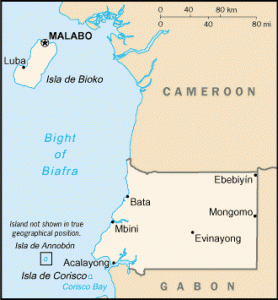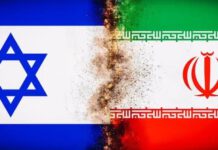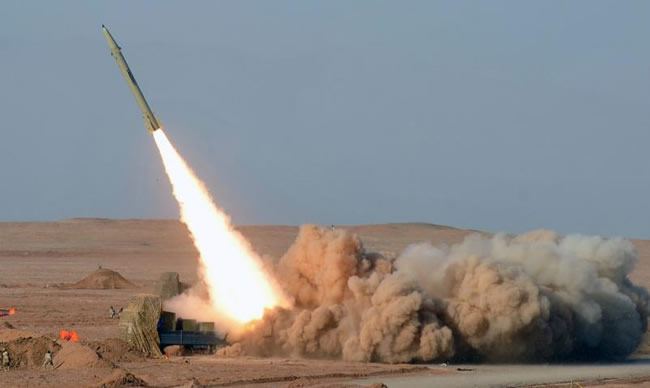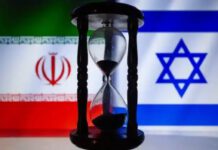Oil-rich Equatorial Guinea said Saturday it would block an agreement between central African countries to allow people from the region to circulate freely, due to fears it would be flooded with immigrants.
“Having analysed and discussed the document…the government of Equatorial Guinea has decided not to apply it, given there are a series of stages with requirements and conditions the states must previously meet and comply with to reach the intended free movement,” it said in a statement.
After years of negotiation, the Economic Community of Central African States, or ECCAS (Gabon, Congo, Cameroon, Central African Republic, Chad, Equatorial Guinea), had agreed to allow people and goods to circulate freely within their borders, dispensing with visas and establishing a common biometric passport.
Gabon had blocked the deal for years as it too is a big oil producer in the region and already attracts a high number of migrants with its comparatively high salaries.
Following recent negotiations however, the deal was due to come into force in January 2014, but now Equatorial Guinea has thrown this into doubt.
Equatorial Guinea is the third largest exporter of oil in sub-Saharan Africa after Nigeria and Angola, which generates around 95 percent of its income.
Many of its 700,000 inhabitants still live in poverty however, and the small central west African nation has been under President Teodoro Obiang Nguema’s iron-fisted rule for 34 years.
The 71-year-old Obiang came to power in the former Spanish colony after toppling his brutally despotic uncle in a coup in 1979 and having him shot.
He is Africa’s longest-serving leader and overwhelmingly won elections earlier this year in polls that were denounced as a sham by the opposition.





